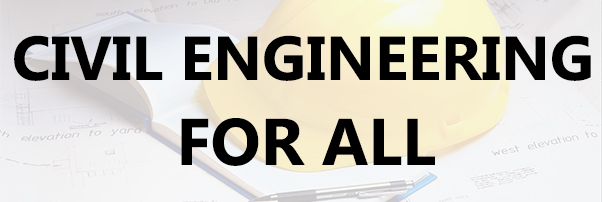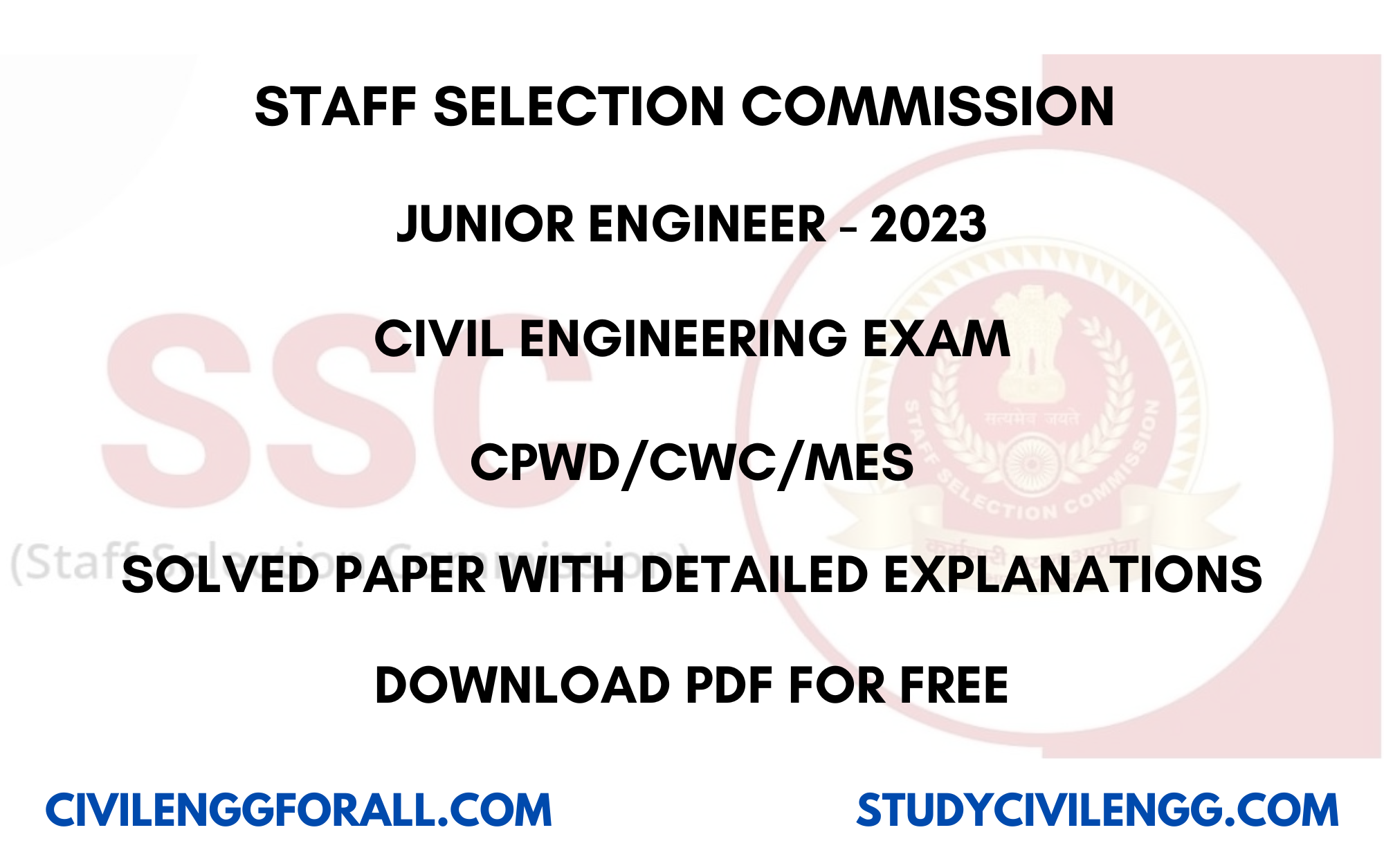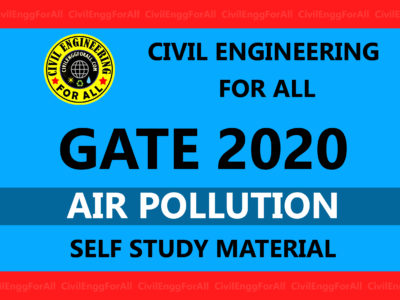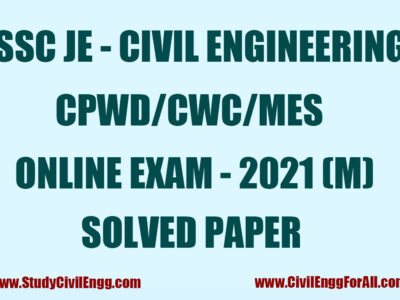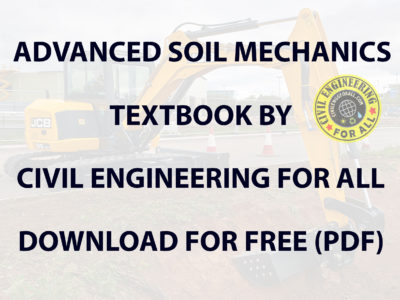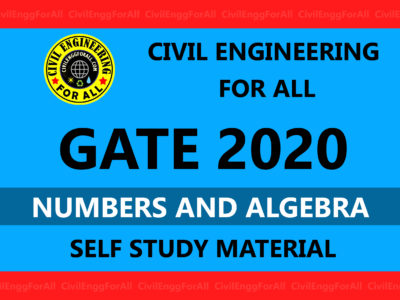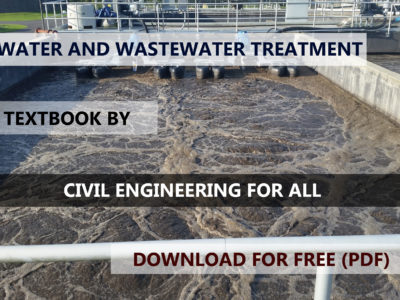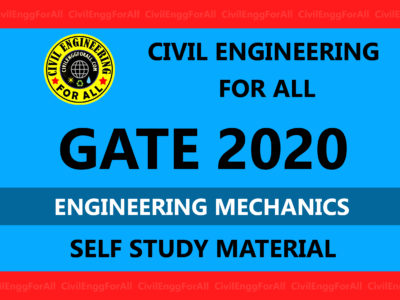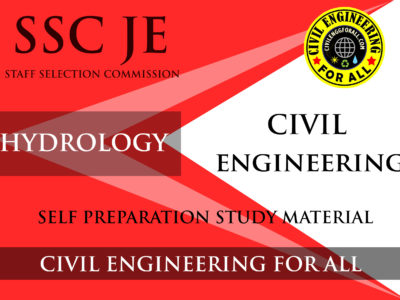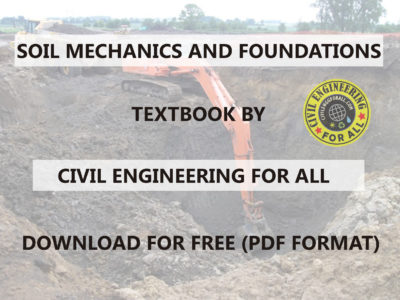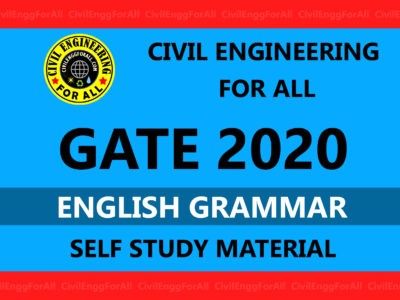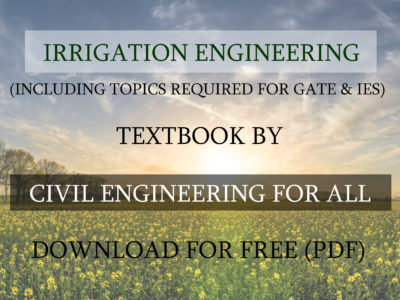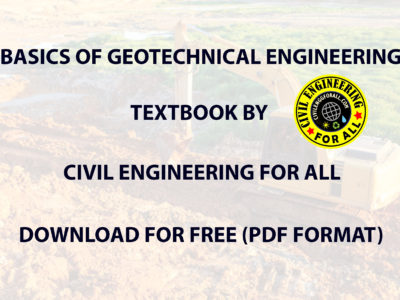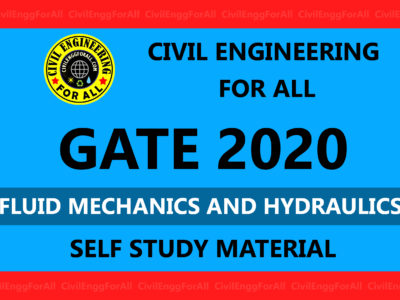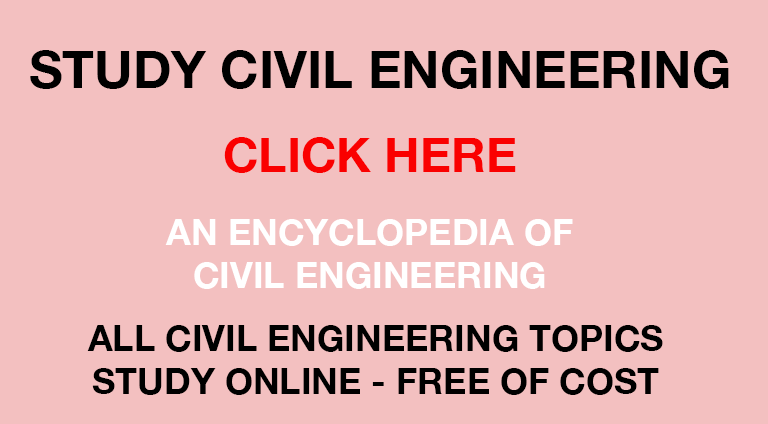STAFF SELECTION COMMISSION
JUNIOR ENGINEER
CIVIL ENGINEERING EXAM – 2023
SSC JE CIVIL – CPWD/CWC/MES
SOLVED PAPER WITH EXPLANATIONS
FREE DOWNLOAD PDF
SSC JE Civil Engineering exam is conducted by the Staff Selection Commission (SSC) to recruit Junior Engineers (JE) in the Civil Engineering discipline for various government departments and organizations. Here’s an overview of the exam:
Eligibility Criteria: Candidates must typically have a degree or diploma in Civil Engineering from a recognized university or institution. The exact eligibility criteria may vary slightly from year to year, so it’s essential to check the official notification for the specific exam you’re interested in.
Exam Pattern: The SSC JE exam is conducted in two stages:
a. Paper 1: This is a computer-based objective type exam covering topics like General Intelligence and Reasoning, General Awareness, and General Engineering (Civil and Structural). Each section carries equal weightage.
b. Paper 2: This is a descriptive type exam where candidates have to write an essay or precis and letter/application. This paper tests the candidate’s writing skills and comprehension ability.
Syllabus: The syllabus for the SSC JE Civil Engineering exam typically includes topics such as:
- Building Materials
- Estimating, Costing, and Valuation
- Surveying
- Soil Mechanics
- Hydraulics
- Irrigation Engineering
- Transportation Engineering
- Environmental Engineering
- Structural Engineering
Preparation: Candidates can prepare for the exam by studying relevant textbooks, solving previous years’ question papers, and taking mock tests. Joining coaching institutes or online courses can also be beneficial for structured preparation.
Result and Selection: Candidates who qualify both Paper 1 and Paper 2 are called for the document verification process. Final selection is based on the candidate’s performance in Paper 1 and Paper 2, subject to fulfilling eligibility criteria and document verification.
Admit Card and Exam Dates: Admit cards for the SSC JE exam are released a few weeks before the exam date. Exam dates are announced through the official notification released by the Staff Selection Commission.
It’s essential to stay updated with the official notifications released by SSC for exam dates, syllabus, eligibility criteria, and other details. Additionally, maintaining a consistent study schedule and practicing regularly can increase your chances of success in the SSC JE Civil Engineering exam.SSC conducts examinations for recruitment to various positions in government departments and organizations, including CPWD (Central Public Works Department), CWC (Central Water Commission), and MES (Military Engineer Services). Here’s a brief overview of each:
SSC CPWD (Central Public Works Department):
- The CPWD is responsible for the construction and maintenance of government buildings and infrastructure.
- The SSC CPWD exam is conducted for recruiting Junior Engineers (JE) in Civil Engineering and Electrical Engineering disciplines.
- The exam pattern, syllabus, and eligibility criteria are similar to the SSC JE exam, with the difference being the specific focus on CPWD.
SSC CWC (Central Water Commission):
- The CWC is responsible for the management and development of water resources in India.
- The SSC CWC exam is also conducted for recruiting Junior Engineers (JE) in Civil Engineering and Mechanical Engineering disciplines.
- Similar to the SSC JE exam, it follows a two-tier examination pattern with Paper 1 being objective and Paper 2 being descriptive.
SSC MES (Military Engineer Services):
- The MES is one of the largest construction and maintenance agencies in India, primarily serving the defence sector.
- The SSC MES exam is conducted for recruiting various positions, including Junior Engineers (JE) in Civil Engineering, Electrical Engineering, and Mechanical Engineering disciplines.
- The exam pattern and syllabus may vary slightly from the SSC JE exam, considering the specific requirements of the Military Engineer Services.
In summary, these SSC examinations serve as a gateway for candidates seeking employment in government organizations like CPWD, CWC, and MES. The exams typically assess candidates’ knowledge in their respective engineering disciplines, general awareness, and reasoning abilities. Preparation strategies, including studying relevant topics, solving previous years’ papers, and taking mock tests, can help candidates excel in these competitive exams.
BELOW ARE THE SAMPLE QUESTIONS ALONG WITH THE EXPLANATIONS TAKEN FROM SSC JE CIVIL ENGINEERING EXAM 2023
SSC JE CIVIL ENGINEERING EXAM 2023 (CPWD/CWC/MES) SAMPLE QUESTIONS WITH EXPLANATIONS FROM THE PDF
EXAM DATE – 09/10/2023
EXAM TIME – 09.00 AM
QUESTION 1 : Which of the following statements is correct with respect to compaction and consolidation?(a) Both compaction and consolidation improve the engineering properties of soil.
(b) Both compaction and consolidation degrade the engineering properties of soil.
(c) Compaction releases pore water, whereas consolidation releases pore air.
(d) Compaction is valid for cohesive soils, whereas consolidation is applicable for all types of soils.
Ans. (a) : Compaction-Compaction is the compression of soil by the expulsion of air from the voids of the soil. Consolidation-Consolidation is the compression of soil by the expulsion of water from voids of the soil. So, both compaction and consolidation improve the engineering properties of soil.
QUESTION 3 : _____ is a method of measuring the undrained shear strength of a cohesive soil.
(a) vane shear test
(b) direct shear test
(c) torsion test
(d) triaxial test
Ans. (a) : Vane shear test-It is used to determine the undrained shear strength of soil, especially soft day. This test can be done in a laboratory or in the field directly on the ground.
QUESTION 4 : A manometer is an instrument used for measuring the pressure acting on a column of fluid, which consists of a U-shaped tube of liquid in which the difference in pressures acting in the two arms of the tube causes the liquid to reach different heights in the two arms. Which of the following is NOT a limitation of the manometer?
(a) Need for levelling
(b) Large and bulky size
(c) Difficulty in construction
(d) No over-range protection
Ans. (c) : Differential manometer measures the difference of pressure between two points in a fluid system and cannot measure the actual pressure at any point in the system. Construction of U-tube manometer is not the limitation of U-tube manometer.
QUESTION 8 : Which of the following is NOT the requirement of an ideal permanent way?
(a) It should always be straight.
(b) The drainage system must be perfect.
(c) There must be provisions of casy renewals.
(d) There must be certain amount of elasticity in the track.
Ans. (a) : Requirement of an ideal permanent way-The level of both rail the rails should be the same on a horizontal track. The track should possess the required elasticity and lateral strength. The drainage system must by properly installed. Scope for maintenance and renewable must be provided. All joints, points and crossings should be properly designed in a permanent way.
DOWNLOAD LINK : SSC JE CIVIL ENGINEERING EXAM 2023 (CPWD/CWC/MES) SOLVED PAPER PDF
PASSWORD : StudyCivilEngg.com
RELATED LINKS
- NHPC JE CIVIL ENGINEERING 2022 EXAM SOLVED PAPER PDF
- APPSC AEE CIVIL ENGINEERING 2022 EXAM SOLVED PAPER PDF
- MPSC ENGINEERING SERVICES 2011 CIVIL ENGINEERING EXAM SOLVED PAPER PDF
- RSSB JUNIOR ENGINEER DIPLOMA 2022 CIVIL ENGINEERING EXAM SOLVED PAPER PDF (HINDI & ENGLISH EDITIONS)
- ISRO TECHNICAL ASSISTANT 2022 CIVIL ENGINEERING EXAM SOLVED PAPER PDF (HINDI & ENGLISH)
